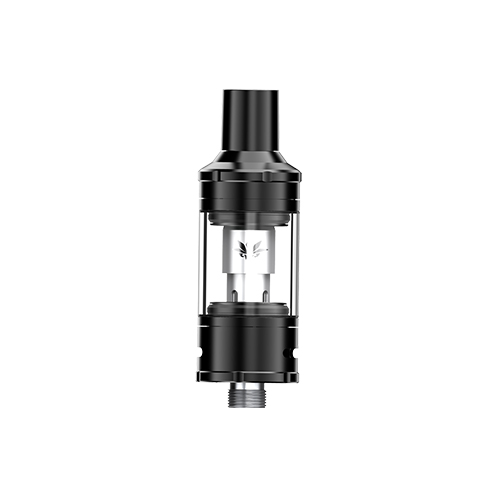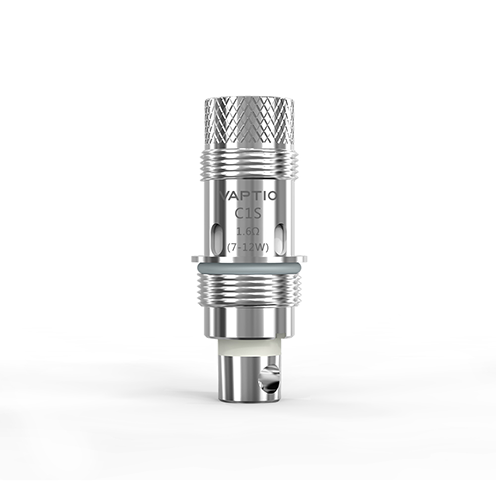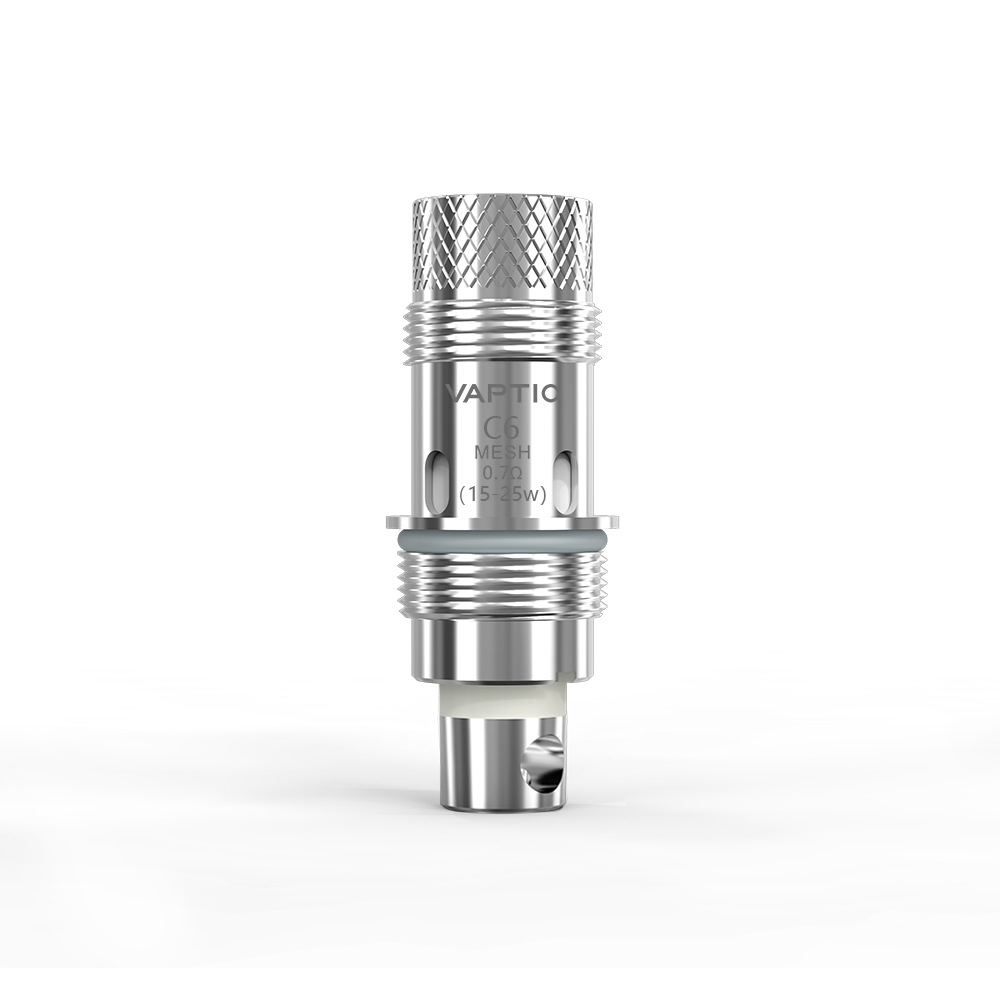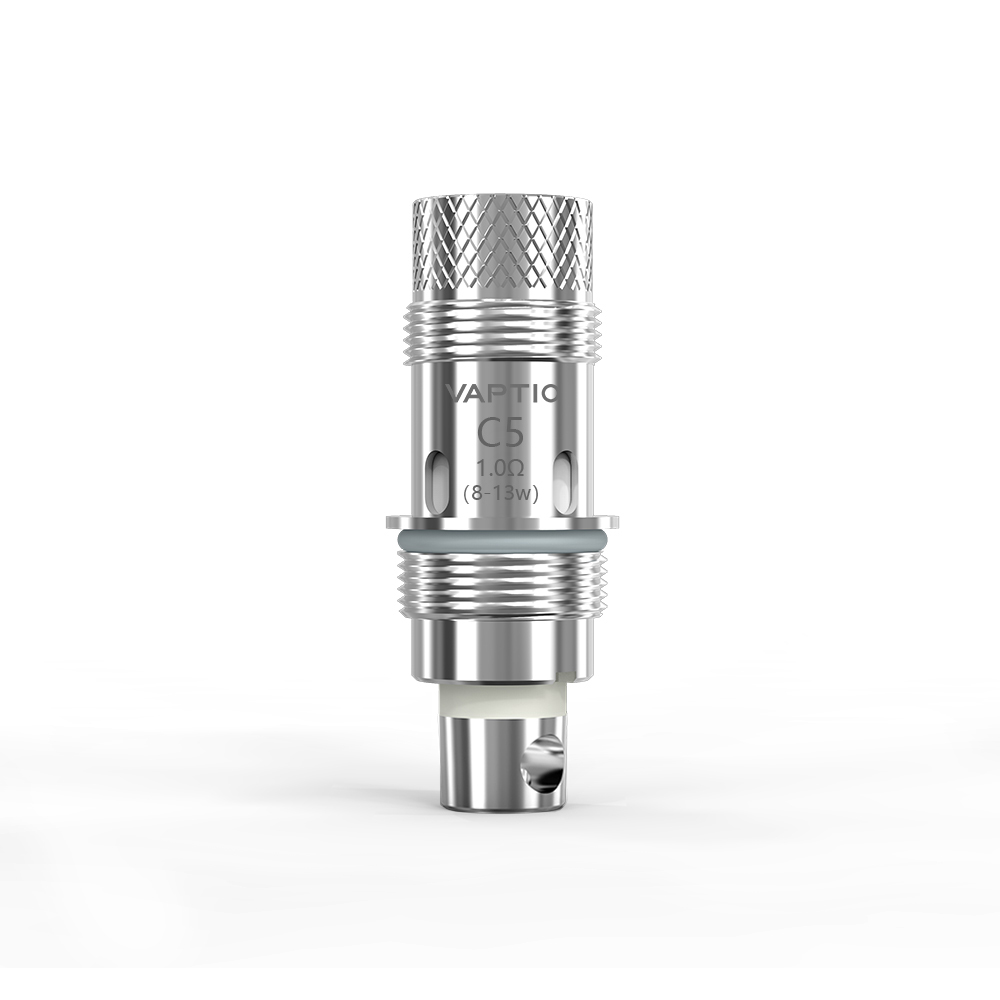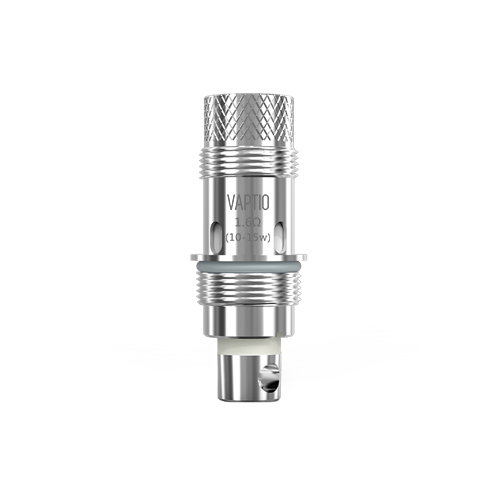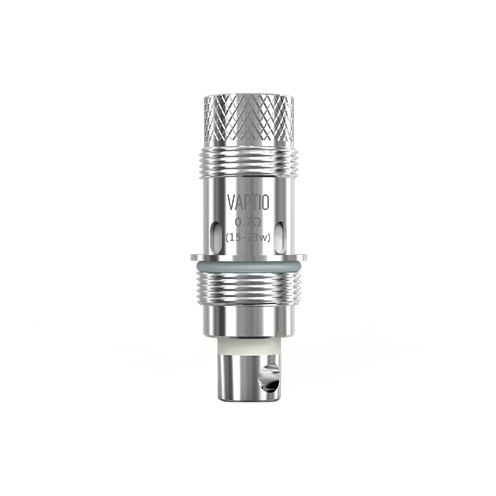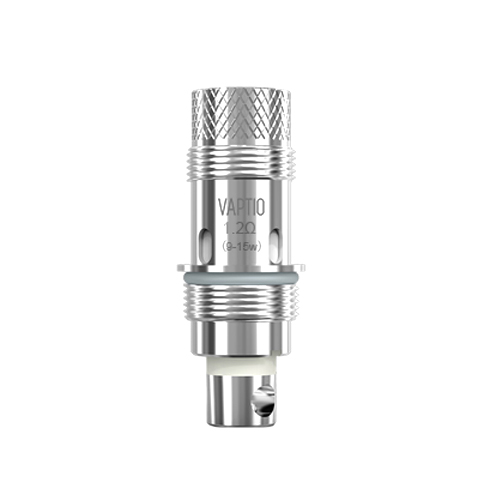As with so much e-cigarette legislation, it is a knee-jerk reaction to issues that are not real, but if passed into law will have severe unintended consequences. A study published in the Journal of Risk and Uncertainty on 24th July shows that vape tax hikes correlate with an increase in smoking rates and a decrease in vaping rates. Vice versa, tobacco tax hikes correlate with an increase in vaping rates and a decrease in smoking rates.
Tobacco tax is undoubtedly an effective ways of tackling smoking rates. However, it has been criticised in some countries, as smoking rates are higher in poorer socio-economic groups, so it is disproportionate taxation for those that can least afford it. If an alternative substitution and support isn’t available for more hardened smokers this seems even more hard-hearted, and that alternative for many is e-cigarettes, which are not only more favourable in terms of cost, but also in terms of health.
Nevertheless a number of countries, including the USA, remain relentless in their seeming pursuit of destroying their e-cigarette industries. The reasons given by law makers to justify this legislation are an apparent ‘epidemic’ of youth uptake of vaping, and the threat of a so called ‘gateway effect’. The gateway theory suggests that non-smokers begin vaping and then move onto smoking. There is firm evidence to debunk this theory, and the literature that is used to back up this imaginary concept has been shown to be inaccurate or misleading. The epidemic of youth vaping has similarly turned out to be, at worst, a big exaggeration of the facts.
Put simply, an assumption has been made that a rise in vaping rates will have a detrimental effect on smoking rates; despite population level evidence from the UK pointing in the opposite direction. Among other damaging policies, vape tax levies are already in force in some areas of the USA, with the supposed ultimate aim of reducing smoking rates. The House of Representatives has also passed a bill to introduce a national vape tax, and this could be as much as $1.65 per ml of e-liquid, or even higher.
However, this new study shows that as vape taxes increase, smoking rates also increase, which is contrary to the aforementioned hypothesis. The conclusion paints a gloomy picture for US smoking rates if the proposed nationwide vape tax is introduced. So, what does the study actually tell us…
Smoking rates increase as vape tax increases
The study in question was led by Michael F. Pesko. The research used data from the Behavioral Risk Factor Surveillance System (BRFSS) and National Health Interview Survey (NHIS), and analysed the trends seen from the ten states which currently impose a tax on e-cigarettes. This analysed data has then been used to assess the impact which the proposed national bill would have.
The finding is that “a proposed national e-cigarette tax of $1.65 per milliliter of vaping liquid would raise the proportion of adults who smoke cigarettes daily by approximately 1 percentage point”
One percentage point may not seem that drastic but when you translate this into actual numbers of daily smokers, the impact is significant. In the USA, this 1 percent means there would be an estimated 2.5 million more daily smokers than there would be without vape tax. This is astronomical and clearly counter-productive to public health. One quite remarkable aspect of the proposed bill is that the $1.65 per ml proposition actually exceeds the tax figure on a pack of traditional cigarettes, which is $1.01. How on earth can any rational policy maker feel it necessary to tax a product, which is far less harmful than another product, at a far greater value than the more harmful product?
The conclusions drawn are as we would expect… an increase in vape tax results in a reduction in vaping rates. This is what the tax introductions are intended to do, but looking at the bigger picture, the ultimate end game is supposed to be a reduction in smoking rates. It is quite clear from the results of the study that this end target is not going to be achieved, in fact they will undoubtedly achieve the very opposite.
Fortunately, vaping products in the UK are not subject to tax apart from VAT, which we are used to paying for many things. The UK government and health bodies recognise the role that e-cigarettes play in tackling smoking rates. They also recognise that value is a contributing factor to this success and that monetary savings make completely switching to e-cigarettes an attractive proposition.
It is frustrating to see counter-productive vaping policies introduced around the world, when we can see first-hand how pivotal e-cigarettes are in reducing smoking rates. We hope to see Pesko’s research used to reject the proposed US bill at the next stage.
News from: https://www.totallywicked-eliquid.co.uk/vaped/vape-tax-increases-smoking-rates-according-to-study/







